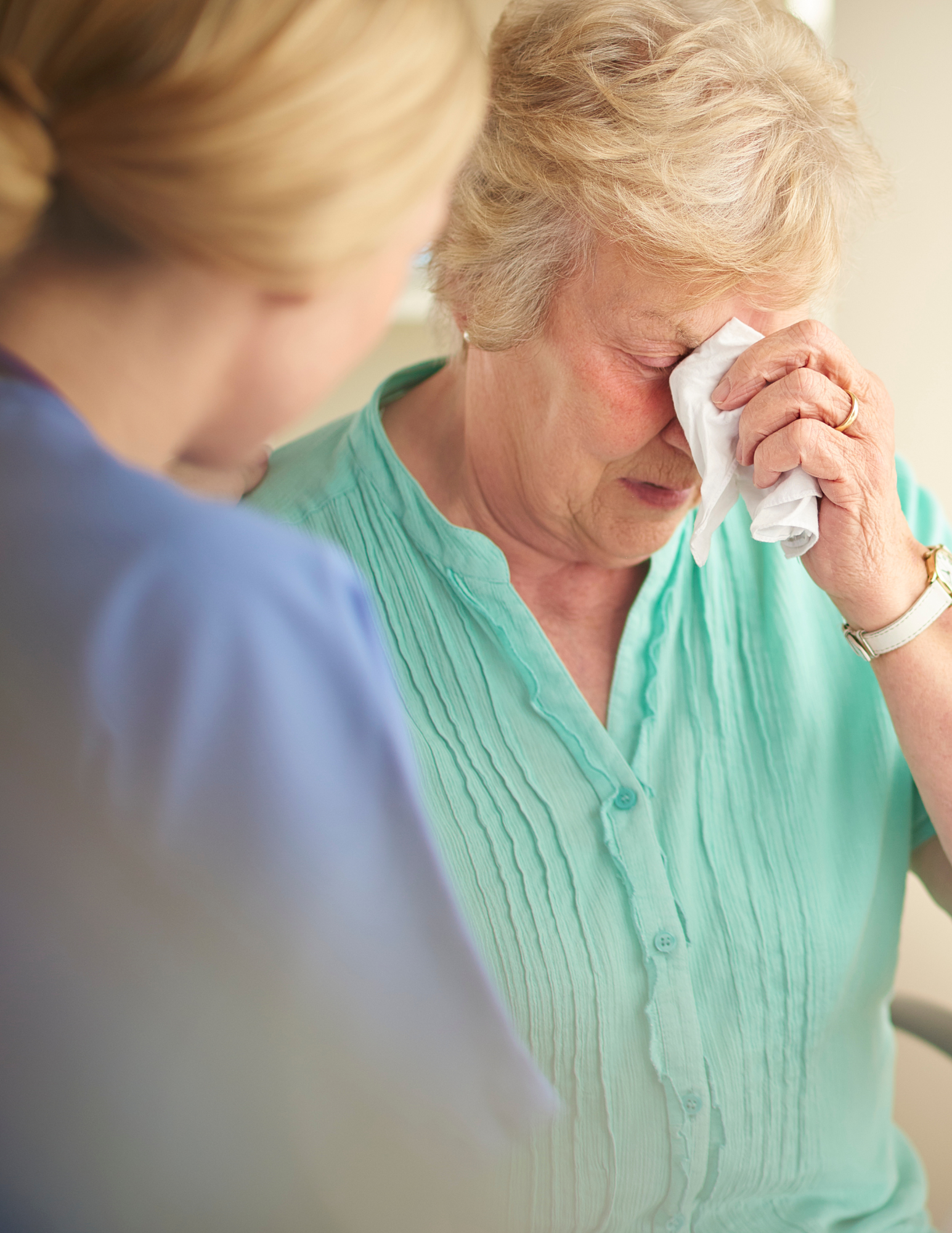Perspectives Will Differ With Anosognosia

- A woman insists she can drive after her license is taken away, then gets upset when her husband won’t hand over the keys.
- A mother struggles to cook elaborate recipes for holidays that she has made every year (mixing up ingredients, missing steps, etc.) but refuses help and gets frustrated when family members offer it.
- A husband gets lost on his usual neighborhood walk but insists he’s fine taking the same walk again the next day because he “knows the route by heart.
They Have Anosognosia, But There’s Still SO Much They Can Do!
At the end of the day, our loved ones with dementia might not know that they have dementia. And, as much as we might want to remind them, doing so won’t help them achieve any goals. Instead, what we can do for our loved ones is turn their attention away from the things they can no longer do by being their champion and cheerleader for the things they can!
Sinai Health states that when anosognosia occurs, one cannot fully gain insight into one’s true abilities. With this in mind, we can help our loved ones fill in the gaps by offering consistent, steady, and comforting communication around their circumstances. To do so, professionals from Sinai Health offer the following solutions for coping with and responding to various situations brought about by anosognosia:
- Give them space act. Allow the person you are caring for to do the things they are still able to do safely, such as folding laundry or other common household tasks.
- Let them engage in patterned behavior. If the person is used to paying the bills by check, provide an old checkbook that they can use so they can still engage in the behavior.
- Suggest that you engage in activities together. For example, cook a recipe together and have the person assist in ways they are still able to.

- Connect with their emotions rather than reasoning. You cannot reason with someone who has anosognosia, so as tempting as it can be, don’t try to convince the person with dementia to see things from your perspective. Instead, try to connect with the person’s emotions.
- Be aware of your own emotions. If the person with dementia is about to engage in an activity that puts their safety at risk, take a moment to regulate yourself before you engage.
- It’s OK to agree, stretch the truth, and distract. For example, if the person with dementia is angry that they cannot drive, empathize with their anger (agree it’s difficult), say the car is in the shop for repairs (stretch the truth), and suggest an activity you know they would enjoy (distract).
COPE Finds Solutions for Caregivers Faced with a Loved One’s Anosognosia
Oakwood Creative Care’s Dementia Hub is home to the newly innovative COPE program – a series of dementia-based coaching sessions for families and care partners explicitly tailored to their situations and home environments.
Through clinically customized sessions within the home, our COPE-certified medical team helps to assess key dementia-related challenges families may be experiencing, such as anxiety, fear, arguing, misunderstanding, boredom, and repetition brought about by having anosognosia. Then, they work to determine goals that make life easier for everyone in the home. Some prospective goals that families and their COPE team can work through together may include learning effective communication techniques, identifying what’s causing loved ones to respond in a particular manner, and understanding how to redirect expressions.
Want to Know More About COPE?
If you’re a caregiver with questions about COPE or wonder whether this program might be the right fit for you and your loved one, contact us! Call us today at (480) 625-3867 or send us a message by clicking the link below.





